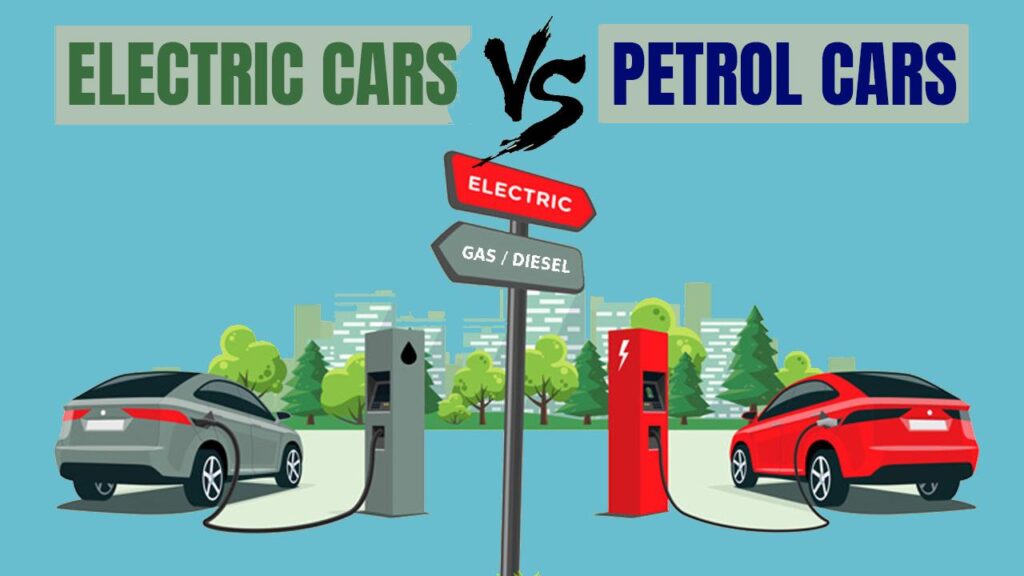EV, Gas, or Diesel:
Which is the best car for Thailand?

Last updated on September 8th, 2025 at 12:10 am
Given the 3 primary choices for a vehicle power supply, gasoline, diesel and electric, one stands out as the clear “best option” for the 95% of drivers, see the Pros and Cons below;
1. Gasoline: Is easy to get refueled anywhere in Thailand, The risks and costs are well known. Gas engines are more expensive to refuel than diesel but less than EVs. The cost of the purchasing, maintenance and upkeep is about the same as a diesel, once again less than EVs.
2. Diesel: Diesel is also easy to refuel anywhere in Thailand and is the primary fuel for many businesses’ vehicles. As a result, the Thai government subsidizes diesel prices, so the cost remains roughly the same at about 32 baht per liter. Due to these subsidizes, diesel can offer roughly a 30–35% saving in fuel costs compared with gasoline. Diesel vehicles often have slightly lower maintenance costs than gasoline engines. Diesel engines are more fuel-efficient because diesel fuel packs more energy per volume than gasoline—up to about 30% more energy per gallon. Cars and small trucks that run on diesel surprisingly perform better than their gasoline-powered counterparts. Lastly, another advantage of diesel is that it is the only powertrain that can run on alternative biofuels;
3. Electric: The topic of electric cars efficiency is a surprising one to many. While it can feel good to drive past a gas or diesel station without refueling, the true cost of ownership for an electric car is more complex than for gas or diesel vehicles. Charging introduces considerations: there is a cost to charge an EV, and, like any electricity source, the power likely comes from a fossil-fuel-powered plant. It is less convenient to charge an EV, and charging takes longer and requires finding charging stations. The purchase price of EVs can be double that of gas or diesel vehicles. Overall, the total cost of ownership for an EV is higher than that of traditional cars, depending on usage and local electricity costs.
It is less convenient to charge a EV, and it takes longer, harder to find charging stations. The costs to purchase an EV are as much as double the costs of a gas and diesel vehicle. The Total cost of owners of a EV is far higher than with traditional cars.
The expected lifetime of the car is less than gas or diesel vehicles for several years and performance degrades faster.
There are also 2 major concerns with electric cars, the batteries have a built-in flaw, that can causes a vehicle to explode or catch fire under some conditions. EV car fires have health risks, and are far more dangerous than a conventional vehicle fire.
Finally, electric cars safety issues are the largest reason not to own an EV for many. EV cars are about twice as heavy as gas or diesel vehicles, causing several safety and maintenance issues such as the tires wear out twice as fast, energy is lost due to excessive weight, braking performance is reduced. During auto accidents, the likelihood of a serious injury goes up significantly is one of the vehicles in an EV. So these vehicles present a higher level of danger to everyone near these vehicles.
Also frequent flooding on Thailand road s is a can be a concern with EV cars, the batteries are located on the bottom of the cars, and if these get wet, especially with salt water. The can damage the batteries. This was a huge A recent hurricane in Florida, USA where many EV cars caught fire.
There are several other issues with electric cars, but let’s just leave, saying the today’s technology is not capable of addressing these problems for many years to come.
The question of Hybrids is bound to come up, a Hybrid is a vehicle that has 2 different power trains, the most common Hybrid is EV plus gasoline drivetrains. These offer some compromise and are a good choice in a few situations. But in most cases, it’s simply the worse of both powertrains. An underpowered battery with an underpowered gasoline engine, with a high price and high maintenance costs with added driving risks.
Comparing all features, one is clearly the winner.
Below is a rating matrix showing the Pros and Cons of each Vehicle Powertrain.
It shows that Diesel Engines have many advantages over gas and EVs, such as best fuel usage, ease of refueling, the cheapest Total cost of ownership, most power for the buck, the lowest maintenance costs, the best performance for the buck, and it is the only one that is biofuel friendly.
If you are looking for an overall best choice for a new vehicle, the answer is diesel in Thailand.

Diesel engine is the best choice for Thailand
Reference link Thai fuel prices:
Reference Link: Thai diesel pricing subsidized:
Internal Link: Thai auto insurance explained

